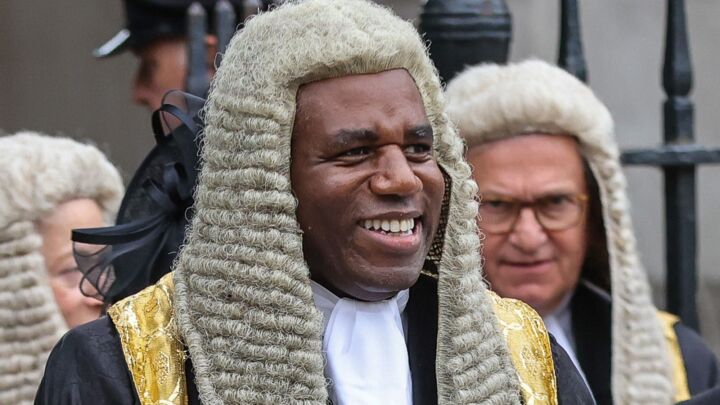The real star of Planet Earth II? Humanity

Want unlimited, ad-free access? Become a spiked supporter.
David Attenborough’s latest wildlife documentary series, Planet Earth II, came to an end last week. And, in the last few minutes of the final episode, he made an on-screen appearance for the first time in the series. He told viewers to live in harmony with nature, and to take moral responsibility for humanity’s impact on the environment. This clip is being described as a ‘moving plea’, ‘powerful’, and an ‘impassioned call to action’, which apparently reduced some to tears.
I’m a big fan of Attenborough’s documentaries. They are fascinating and informative, with gasp-inducing shots. But I have little patience for his moralising. The environmental sermons injected into his documentaries are both unnecessary and irritating.
Attenborough’s Malthusian bent is no secret. A few years ago, he stated that human beings were a ‘plague on the Earth’. His narration throughout both Planet Earth and Planet Earth II is interspersed with lessons about the folly of mankind – laments about climate change and the rise in global population.
And yet, what makes all of the amazing footage used in Planet Earth II possible is human ingenuity. The series was shot in 40 different countries over five years, using technology so sophisticated that, in Attenborough’s words, some of the shots would have been impossible to film just 10 years ago.
Human creativity is what makes these documentaries possible. Humans invented the technology used during the shoots, filmed the shots, and, in the process, lent the natural world meaning. Humans wrote and recorded the compelling music used for theatrical effect throughout the series. The makers of Planet Earth II don’t merely present wildlife as it exists, they tell stories to help us make sense of what we see.
Yes, nature is wonderful. But it is humanity that gives it meaning. The real stars of Planet Earth II are not snow leopards, or penguins, but us, humans.
Sadhvi Sharma is a writer and researcher based in London, and has a PhD in international political economy from the Rajaratnam School of International Studies in Singapore.
You’ve read 3 free articles this month.
Support spiked and get unlimited access.
Support spiked – £1 a month for 3 months
spiked is funded by readers like you. Only 0.1% of regular readers currently support us. If just 1% did, we could grow our team and step up the fight for free speech and democracy.
Become a spiked supporter and enjoy unlimited, ad-free access, bonus content and exclusive events – while helping to keep independent journalism alive.
———————————————————————————————————————————–
Exclusive January offer: join today for £1 a month for 3 months. Then £5 a month, cancel anytime.
———————————————————————————————————————————–
Monthly support makes the biggest difference. Thank you.




Comments
Want to join the conversation?
Only spiked supporters and patrons, who donate regularly to us, can comment on our articles.